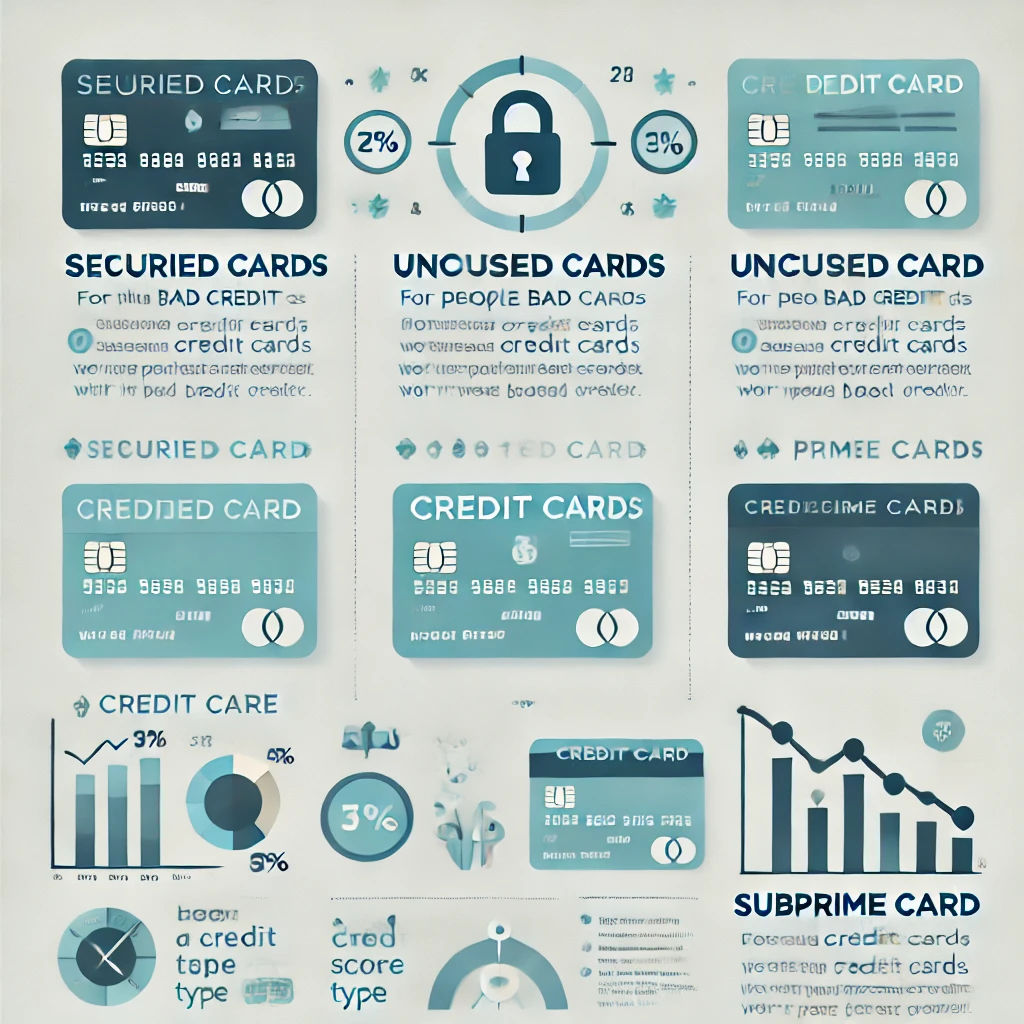For better insurance Rates , When it comes to buy the insurance policy, people consider many factors and ways to lower the premium and buy the best policy. A credit score is another significant factor to consider the factors that affect your premium rates. Insurance companies consider credit-based insurance scores to determine the risk level to insure an individual. It is crucial to understand the impact of the credit score on insurance rates to make an informed decision.
This guide explores the relationship between credit score and insurance rate, how it affects the premium rates for auto and homeowner insurance, and how to improve the credit score.
What is a credit-based insurance Rates?
The insurers predict the likelihood of filling a claim by the credit-based insurance score. The insurance companies use the credit score to evaluate the level of risk, the higher credit score indicates the less risk and vice versa.
The score is evaluated from the following information:
- Payment records (timely payment)
- Credit card balance
- Debt levels
- Duration of credit history
- Types of credits used by the insured
How does credit score impact the insurance rates?
Individuals with lower credit scores are more likely to file claims, which increases the costs of the insurance companies. The insured with higher credit scores enjoy the less premium amount. Let’s understand the impact of the credit score on auto and homeowner insurance.
Impact of credit score on the vehicle insurance:
The providers evaluate the insurer’s financial status from the credit score. This score also determines how much responsible the insured is. If you have a high credit score, you are more responsible on the road and vice versa. Your credit score also determines the risk rate, with a low credit score you are considered a risky driver.
Excellent credit:
The drivers with excellent credit rates enjoy the best premium rates as they have lower risks.
Good credit:
The good credit is similar to the excellent credit rate with a slight difference of the premium rate. Individuals with good credit rates have slightly higher premiums than excellent credit.
Fair credit:
With fair credit the premium increases as compared to good credit as the drivers are considered at higher risk of accidents.
Poor credit:
The insured with poor credit pays the highest premium, as they have the highest risk of accidents.
Except for California, Hawaii, and Massachusetts, all the states allow the credit score to influence the auto insurance.
The impact of credit score on homeowner insurance:
The credit score affects the homeowner insurance premium rate just like auto insurance. The insurance companies believe that homeowners with high credit scores might maintain their homes and be less likely to file costly claims. Therefore, the higher the credit score is the lower the premium rate is.
The credit score affects the insurance in the following ways:
High credit score:
Homeowners with excellent credit scores pay less premium as they are less likely to file claims.
Lower credit score:
People with lower credit scores will pay higher premiums as they are more likely to file costly claims.
However, by improving your credit score you can get remarkable discounts on the premium. If you are thinking of renewing your home or want to buy a new home, it will be helpful for you.
The reason for using credit scores to count insurance Rates:
The insurance companies assess your credit score to predict the chance of risk and chances of filling claims. It is believed that there is a connection between credit score and the chances to file claims. However, companies find it a useful tool to determine the risks.
Here are some common reasons why companies use credit scores:
Assessment of risk:
Credit-based insurance scores assist the insurers in determining the chances of risk, after that they decide the premium according to the risks.
Claim frequency and cost:
The individuals with the lower credit score, frequently file costly claims that increase the costs for the company.
To determine the financial stability:
Individuals with stable financial status can manage finances. Insurers believe that financially strong individuals are more likely to manage their assets.
How to improve your credit score for insurance Rates?
If you are concerned about buying insurance, improving your credit score can help you to lower premiums. Here are some tips to improve your credit score:
Avoid opening new accounts:
Always apply for new accounts when necessary because it can lower your score to ask frequently for new accounts. When you apply for a new account several inquiries lower the credit score.
Pay your bills on time:
Always pay your bills before the due date, otherwise, it hurts your credit score. Set a reminder or alarm to avoid the mess.
Reduce credit card debts:
Lowering the credit card balances has a positive impact and improves your utilization ratio.
Check your credit reports:
Checking your credit reports lowers the inaccuracies and errors that can lower your score.
Lengthen our credit history:
Opening accounts at a young age can increase your credit history and avoid closing the old accounts as it decreases your credit history.
Final thoughts:
The credit score has a significant impact on the insurance policy. Individuals with high credit scores enjoy a low premium. On the other hand, the insured with lower credit scores have to pay more premiums for automobile and homeowner insurance.
Always try to improve your credit score as it assists you financially. You can improve your credit score by lengthening your credit history, avoiding new accounts, and checking for credit reports.
If you are concerned about buying auto insurance or homeowner insurance this strategy will be a good option to lower your premium.
FAQs:
Does the credit score affect the life insurance?
A credit score does not affect directly life insurance but when you buy life insurance the insurer asks about your credit score. However, the same factor that affects your credit score can affect your life insurance policy.
What is the CRI score in insurance?
Everyone has The customer rating index. This is a score that the insurance company uses to rate the amount of risk associated with the insured. It can be determined by the credit score and the claim history.
Can you use a credit card to pay for insurance?
Yes, you generally pay for your car insurance from your credit card. It can be beneficial in several ways like cash back or credit card perks.



2 thoughts on “Insurance Rates Based On Credit Scores”